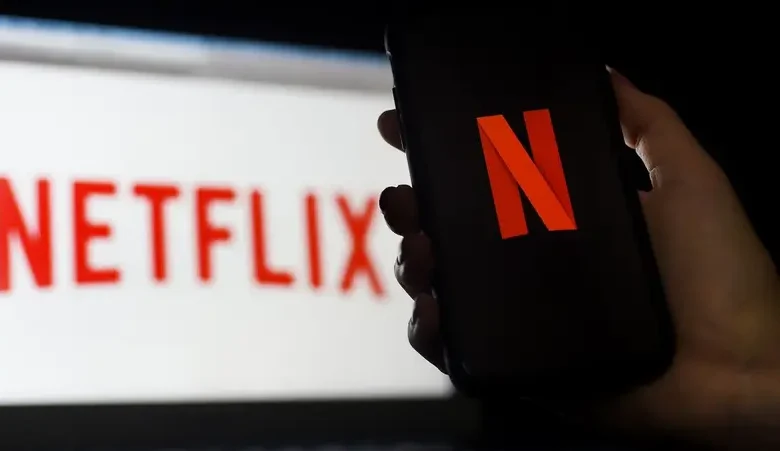Netflix expands crackdown on password-sharing worldwide

Netflix on Tuesday expanded its crackdown on users sharing passwords with people beyond their immediate family as it seeks to shore up revenue at the leading streaming television service.
“A Netflix account is for use by one household,” the company said in a statement.
Netflix said early this year that more than 100 million households were sharing accounts at the service, “impacting our ability to invest in great new TV and films.”
Netflix has experimented with “borrower” or “shared” accounts, in which subscribers can add extra users for a higher price or transfer viewing profiles to separate accounts, in a few markets. On Tuesday, it announced that it was expanding the policy to more than 100 countries.
As growth at Netflix cooled last year, the Silicon Valley- based streaming company set out to nudge people watching for free with shared passwords to begin paying for the service without alienating subscribers.
“This account sharing initiative helps us have a larger base of potential paying members and grow Netflix long term,” co-chief executive Ted Sarandos said on an earnings call.
The streaming television giant told financial analysts recently that it had delayed a broad crackdown on sharing of account passwords “to improve the experience for members.”
Netflix said it made sure subscribers have seamless access to the service away from home or on various devices such as tablets, TVs or smartphones.
Netflix in April said that its number of subscribers hit a record high 232.5 million in the first quarter of the year and that its nascent ad-supported tier was faring well.
The company said in a recent presentation to advertisers that it had more than 5 million subscribers to its ad-support tier.
For the first time ever, US adults will spend more time this year watching digital video on platforms such as Netflix, TikTok and YouTube than viewing traditional television, Insider Intelligence has forecast.
The market tracker expects “linear TV” to account for less than half of daily viewing for the first time ever.










